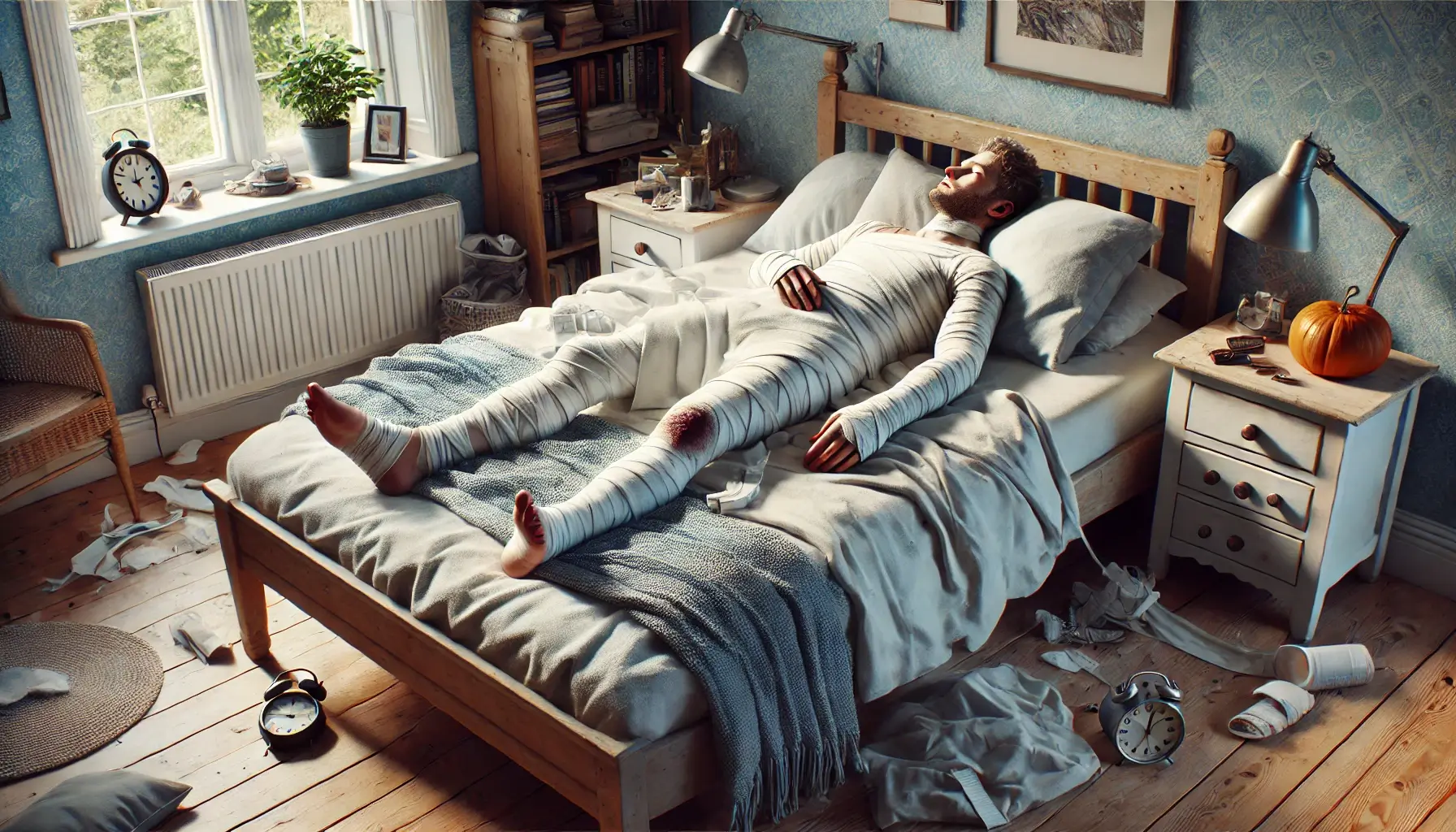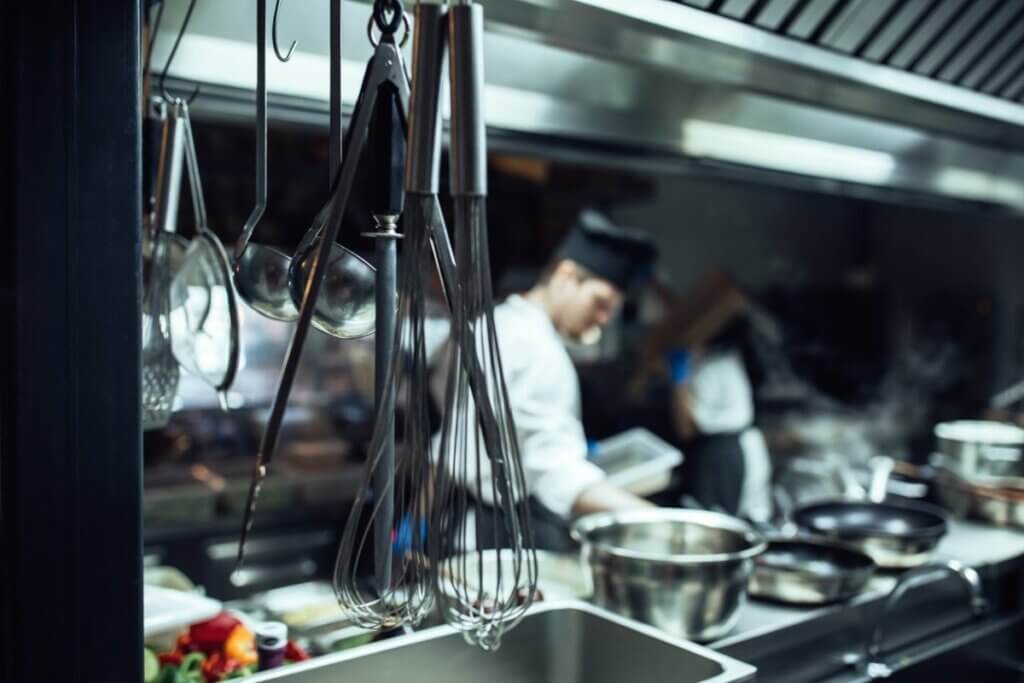Restaurant & Diner Liability
Cronnon vs Cracker Barrel Lawsuit
A jury in Marion County ordered Cracker Barrel to pay a man $9.4 million after it found the company at fault for serving him a glass filled with a chemical instead of water.
The size of the award may be capped due to State law on civil damages.
“The Jury returned a verdict for compensatory damages of $4.3 million in just 30 minutes, one of the fastest verdicts we have ever seen. The jury awarded punitive damages of $5 million after only 10 minutes of additional deliberation.” Plaintiff William Cronnon’s attorney Thomas Greer said in an interview with CNN.
“The speed of the verdict, combined with an amount in excess of what we asked, speaks to just how dangerous this Cracker Barrel policy was.” Greer stated.
Cracker Barrel said they were “disappointed” with the outcome.
“While we have great respect for the legal process, we are obviously disappointed by and strongly disagree with the jury’s award in this case, which involved an unfortunate and isolated incident that occurred at one of our stores eight years ago.” Cracker Barrel Media Relations stated in an interview with CNN.
“Although we are considering our options with respect for this verdict, we are glad this matter is behind us so we can better focus on caring for our guests and employees around the country.”
Cronnon was having lunch at a Cracker Barrel in Marion County in April 2014 when he took a sip of what he believed to be water, “only to immediately realize that it was not ice water but some chemical that caused a burning sensation in his mouth and esophagus,” according to court documents obtained by CNN.
It was later discovered Cronnon had been served the chemical Eco-San, which was being used as a cleaner in the kitchen area according to court documents.
Eco-San, described as a corrosive chemical in the lawsuit, caused permanent and serious internal physical injury to Cronnon.
Cronnon is still suffering from symptoms, including injuries to his mouth and esophagus, Greer said, which have incurred and will continue to incur medical expenses.
“Cracker Barrel’s negligence didn’t just cause Cronnon physical harm, it also took away a part of his identity.” Cronnon’s Lawyer stated.
Cronnon did not wish to comment.
Can I Sue a Restaurant If I Am Hurt on their Property?
When you visit a restaurant in hopes of enjoying a nice meal, you don’t normally expect your trip to also result in an injury. Unfortunately, not all restaurant experiences are pleasurable but all restaurants do have the legal obligation to provide a safe environment free of any dangers for their patrons, from the parking lot to the dining room.
There are a number of ways that you could become injured on a restaurant’s property as a result of negligence, and should that be the case, you should look into legal options quickly. While your immediate desire might be to seek justice, it can be confusing trying to figure out where to begin. Your first step should be to determine whether or not you have a legitimate cse against the restaurant by speaking to an experienced personal injury attorney.
Premises Liability
If you’ve been injured at a restaurant, your case will fall under premises liability law. Premises liability holds the owner of the property responsible for injuries sustained by a person while on that property. Essentially, property owners have a duty to ensure the safety of all visitors to their property. When that duty is breached and property owners are negligent, people can get hurt.
In a premises liability lawsuit, the injured person must be able to prove the following:
- The property owner knew or should have known of the dangerous condition
- The property owner failed to repair and or give warning of the dangerous condition
- The dangerous condition caused the injury/accident
Restaurant owners should have a good understanding of the dangers and risks that might affect customers. Failing to remove a dangerous condition or warn customers away from a certain area is a result of acting negligently. There are many ways that a restaurant owner could be negligent, including failing to fix broken handrails, neglecting to replace poor lighting, not properly cleaning up spills, not fixing or marking broken or uneven sidewalks, and much more.
Restaurant Related Injuries
Some of the most common injuries that occur at restaurants are:
- Slips and Falls. A slip or fall is the most common way to become injured at a restaurant. These accidents can be caused by spills, uneven flooring, snow covered sidewalks and more.
- Scalding. Many dishes or drinks, such as coffee, come out of the kitchen hot to the touch. If a restaurant fails to warn customers or keep their cups and plates at a reasonable temperature, someone could get burned.
- Choking. Choking while in a restaurant may not always be the restaurant’s fault, but if you have choked on food that was incorrectly prepared or that contained a foreign object, you may have a case.
- Puncture Wounds. Cuts and puncture wounds can happen if a customer comes in contact with exposed screws, splintered wood, broken glass, or other sharp objects while in a restaurant.
Is a Restaurant Liable for My Injuries?
In the state of Ohio restaurant owners owe a duty of care to provide a safe environment for their customers, meaning they must do everything possible, within reason, to ensure their customers are not harmed. This also includes responsibility for events or circumstances that might foreseeably harm customers, as well as responsibility for the negligent actions of restaurant staff.
When a restaurant or diner fails to do everything reasonably possible to protect its customers, an injured customer has the legal right to pursue compensation. Negligence that leads to customers injury or illness renders the restaurant liable for the customers damages.
Damages include:
- Medical Bills
- Out of Pocket expenses
- Lost Wages
- Pain and suffering
Proving you Claim
Proving negligence in a personal injury case can be difficult because several elements must be present. These elements include a duty of care, breach of duty, causation, and damages. In regards to an injury sustained on a restaurant or diner property, the evidence must show that the cause of the injury was foreseeable by the restaurant owner, negligence was involved and that the negligence was a direct cause of the injury or other significant damages.
Since many of these cases rely on evidence, it’s critical to rely on evidence in order to help prove your claim. And because gathering supporting evidence, building a case, and navigating the complex legal system is often difficult, you should contact a knowledgeable attorney to ensure you receive the most amount of financial compensation possible. Call us today for a free case consultation (614)-453-0971.
Sub Categories
Recent Articles
-
 Jul 22, 2024Seasonal Risks Leading to Different Types of Personal Injury Accidents
Jul 22, 2024Seasonal Risks Leading to Different Types of Personal Injury Accidents -
 Jul 22, 2024Common Injuries in Different Personal Injury Cases
Jul 22, 2024Common Injuries in Different Personal Injury Cases -
 Jul 22, 2024Maximizing Compensation in Personal Injury Accident Cases
Jul 22, 2024Maximizing Compensation in Personal Injury Accident Cases -
 Jul 22, 2024Unnatural Provable Negligence in Slip and Fall Cases
Jul 22, 2024Unnatural Provable Negligence in Slip and Fall Cases

